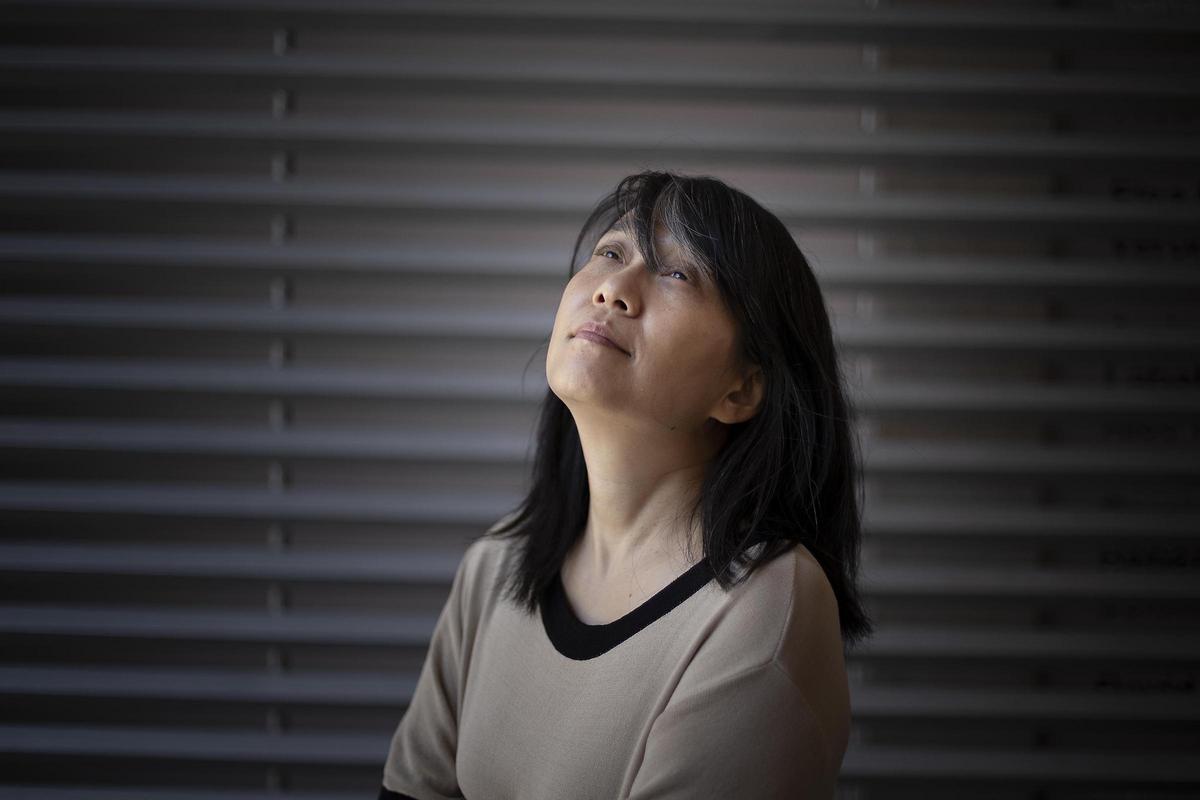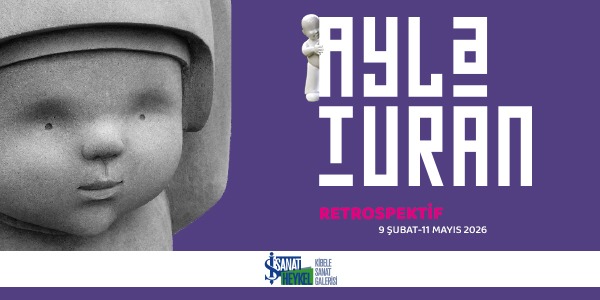South Korean Literary Icon Receives Highest Honor
In a momentous announcement, 53-year-old South Korean novelist Han Kang has been awarded the 2024 Nobel Prize in Literature. The Swedish Academy praised Han for her “intense poetic prose that confronts historical traumas and exposes the fragility of human life.” Her body of work, which includes The Vegetarian, The White Book, Human Acts, and Greek Lessons, has profoundly impacted global literature, offering a haunting exploration of violence, grief, and the human condition.
An Ordinary Day, an Extraordinary Honor
When informed of her win, Han had just finished a quiet supper with her son. “I’m so surprised and absolutely honored,” she said in a phone interview shared by the Swedish Academy. Han emphasized her deep connection to Korean literature and expressed hope that this recognition would resonate with readers and writers back home. The impact was immediate, as online bookstores in Korea crashed due to surging traffic, and even government hearings were briefly paused to celebrate the news.
South Korean President Yoon Suk Yeol joined the chorus of praise, stating, “You converted the painful wounds of our modern history into great literature. I send my respects to you for elevating the value of Korean literature.”
An Internationally Celebrated Voice
Han’s exploration of patriarchy, violence, and humanity has captured audiences around the world, with The Vegetarian being a notable work that introduced her to international readers. Translated by Deborah Smith in 2015, the novel went on to win the 2016 International Booker Prize, despite some criticism of the translation itself. Nevertheless, it established Han as a powerful literary voice on the global stage.
Themes of Trauma and Humanity
Human Acts (2014), another of her landmark novels, delves into the horrific events of the 1980 Gwangju Massacre, where an uprising was brutally crushed by the military. Through the voices of victims, witnesses, and survivors, Han explored the long-lasting impact of this traumatic event on both personal and collective memory.
Her upcoming novel, We Do Not Part, is set to be released in English in 2025. It examines the lesser-known 1948-49 Jeju Uprising, continuing Han’s tradition of confronting Korea’s painful historical wounds.
A Writer of Profound Humanity
Han Kang’s Nobel win marks a significant achievement, not just for her, but for South Korean literature as a whole. As novelist Deborah Levy aptly put it, “Well done, dearest Han Kang, I’m so pleased that you are our 2024 Nobel.” Writer Max Porter echoed this sentiment, calling Han “a vital voice and a writer of extraordinary humanity.”
With her unflinching exploration of human suffering, combined with the grace of her poetic prose, Han Kang stands as one of contemporary literature’s most transformative figures. This Nobel Prize solidifies her legacy as a voice that speaks truth to power, and above all, to the depths of what it means to be human.









